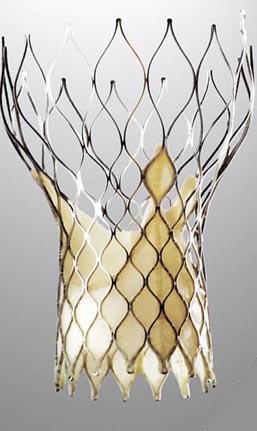Latest News Archive
Please select Category, Year, and then Month to display items
04 April 2024
|
Story Lunga Luthuli
|
Photo SUPPLIED
 Dr Juliet Kamwendo champions gender-inclusive climate action in Africa. Her expertise at the recently held AFR100 workshop highlighted vital steps towards sustainable and equitable development.
Dr Juliet Kamwendo champions gender-inclusive climate action in Africa. Her expertise at the recently held AFR100 workshop highlighted vital steps towards sustainable and equitable development.
Dr Juliet Kamwendo, Lecturer and Programme Director for Gender Studies in the Centre for Gender and Africa Studies at the University of the Free State, is spearheading efforts to integrate gender considerations into Africa's climate restoration agenda. Reflecting on her involvement, Dr Kamwendo stated, "This is particularly crucial, as women make up almost 50% of the population in Africa, and the depletion and degradation of land affect them disproportionately."
She recently served as a gender expert at the AUDA-NEPAD AFR100 workshop in Ouagadougou, Burkina Faso, from 25 to 29 March 2024. This initiative aims to restore forests and degraded land across Africa by 2030, with a focus on gender equality.
The workshop emphasised the integration of gender perspectives into the AFR100 project, acknowledging the disproportionate impact of land degradation on women. Dr Kamwendo's expertise highlighted the need to empower women in climate change interventions, addressing existing gender inequalities exacerbated by environmental degradation.
“Women – who are primarily responsible for household food security and water provision – bear the brunt of environmental degradation, leading to increased workloads, reduced income opportunities, and heightened vulnerability to climate-related disasters. Furthermore, the loss of forest cover and biodiversity further exacerbates the challenges faced by women, particularly in rural areas where they depend heavily on natural resources for their livelihoods,” added Dr Kamwendo.
Her participation highlights academia's crucial role in fostering inclusive and sustainable development, emphasising interdisciplinary collaboration to tackle complex environmental challenges. Through initiatives such as AFR100, stakeholders are working towards a more resilient and gender-responsive future for Africa.
UFS Doctors make History in South Africa
2011-07-14
|

|
| New aortic valve |
Three members of our Faculty of Health Sciences made history by being the first to implant a special new aortic valve in South Africa.
In a combined effort, the Departments of Cardiology, Pediatric Cardiology and Cardiothoracic Surgery did the first Medtronic CoreValve implant in South Africa on a patient in Universitas Academic Hospital.
With the support of hospital management and the Medtronic company, Prof. Hennie Theron, Prof. Stephen Brown and Dr JP Theron of the Faculty of Health Sciences, with the assistance of Dr Jean-Claude Laborde, performed the operation early on Wednesday morning, 06 July 2011.
The advantage of this new valve is that it can be implanted percutaneously through a catheter from the groin. This eliminates the need for invasive surgery.
The valve is made from porcine pericardium (tissue derived from pigs) and is mounted on an expandable stent, which is threaded along an artery, until it reaches its desired position. Prof. Theron says the valve is especially useful in older patients who suffer from aortic valve disease and pose a high surgical risk. Furthermore, the use of this valve greatly reduces hospitalisation time, in comparison to traditional surgery.
“One patient already received an implant this morning and we hope to finish 2 more today,” Prof. Brown said, emphasizing the swiftness and efficiency of the new valve implanting process.
“It is a complex procedure, but this service can in future be offered to all patients in the public and private sectors of the Free State. It is heartwarming that the academic complex can take the lead in this modern, high-tech therapy.”
For more information on the procedure, please contact Prof. Theron at 051 4053428.